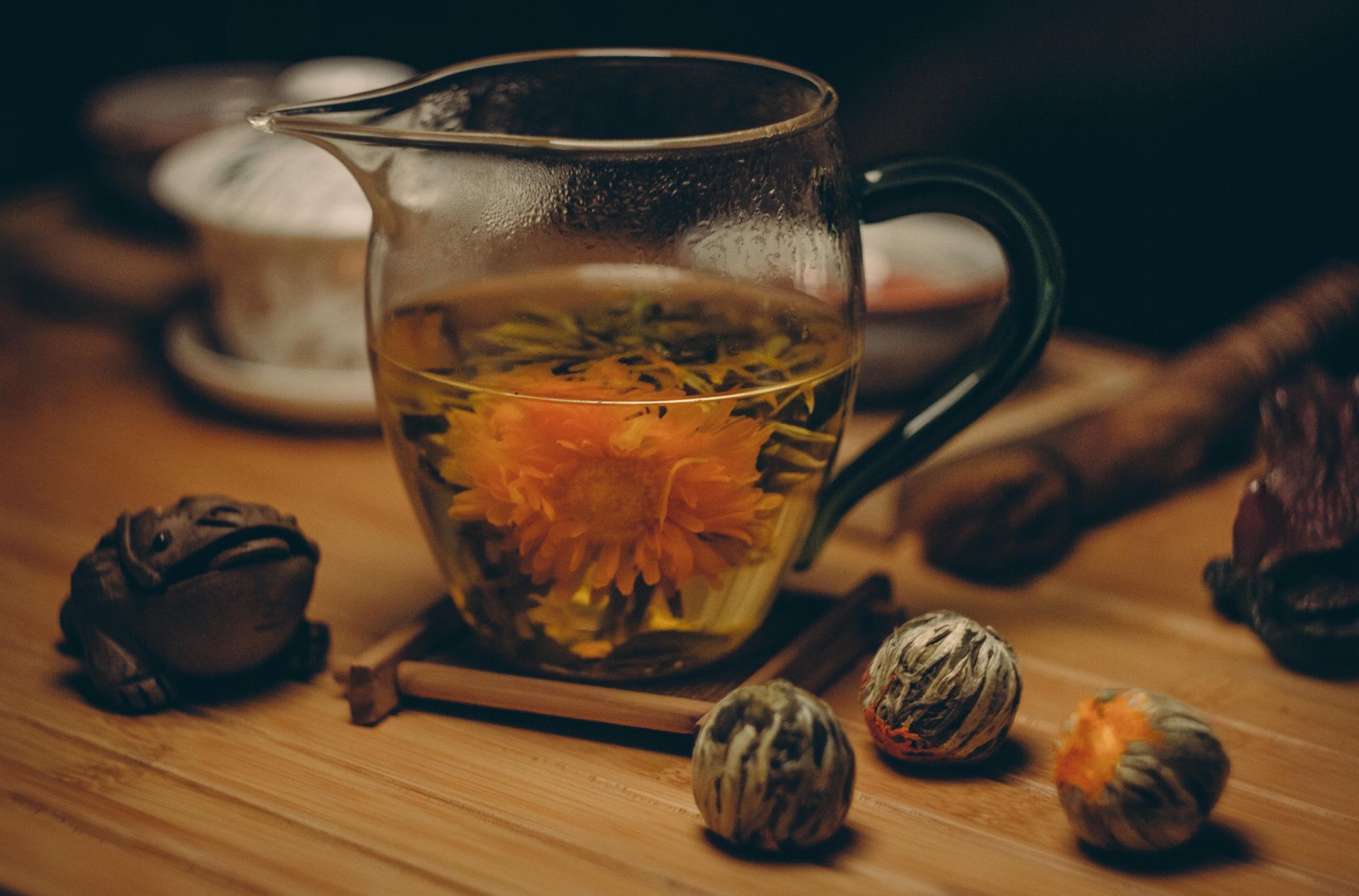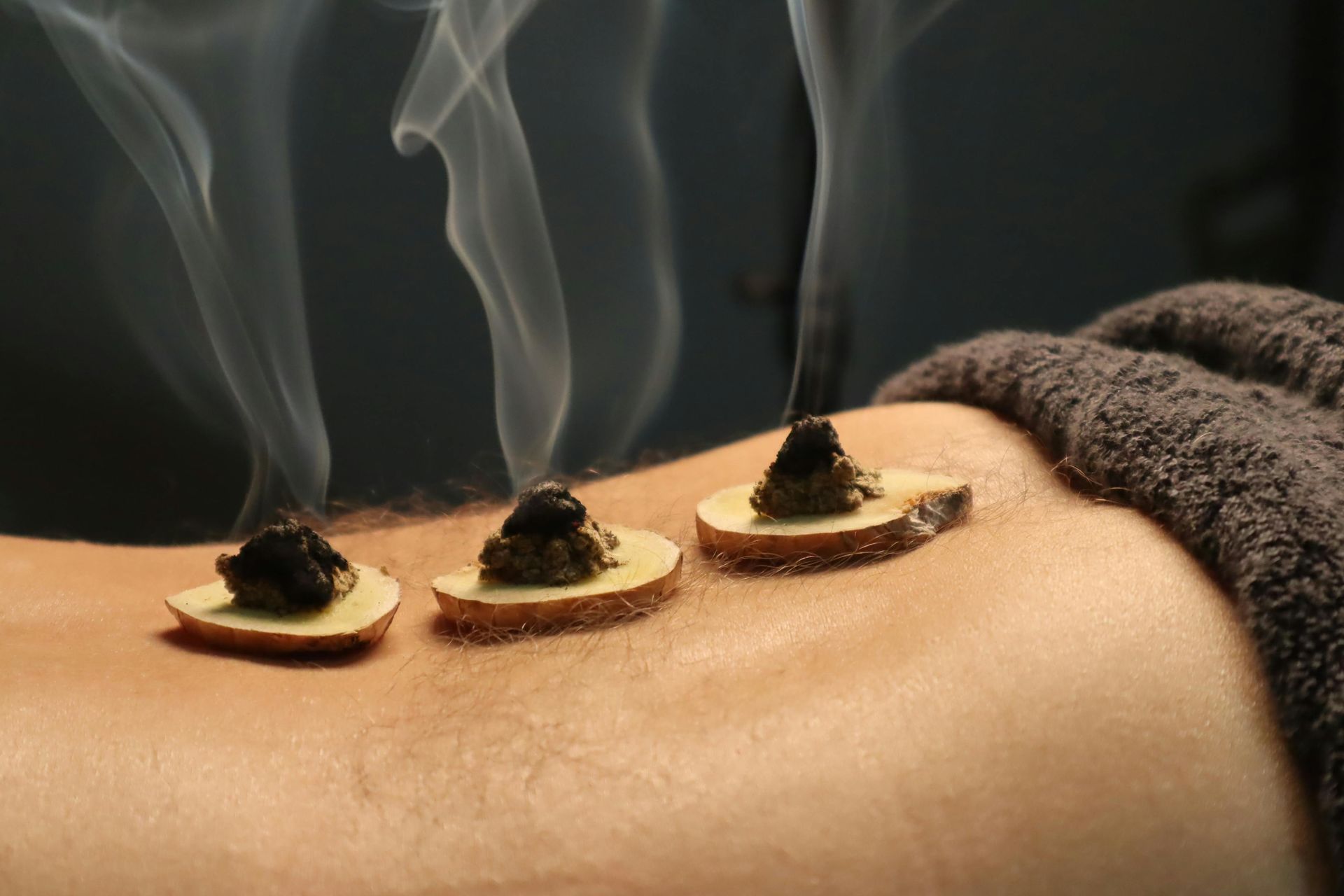The Power of Discipline
A Path to Being, Knowing, and Growing

Introduction
In a world that often glorifies constant action and achievement, the concept of discipline can seem rigid or daunting. Yet, true discipline is not about harsh rules or self-punishment—it’s about cultivating the capacity to be, know, and learn. It’s the foundation for remaining centered amidst chaos, nurturing hope in challenging times, and evolving into our best selves. Let’s explore how discipline empowers us to align with our purpose, stay grounded, and move forward with hope.
1. Discipline as the Capacity to Be
At its core, discipline begins with the ability to simply be—to exist fully in the present moment. This is not about doing more but about showing up with awareness and intention.
What It Means to Be:
- Being centered means grounding yourself in the now, free from distractions and external noise.
- It requires consistency, such as maintaining daily practices like meditation, yoga, or a mindful meal, to connect with your inner self.
Practical Tip:
Set aside 5–10 minutes daily to practice mindfulness. Focus on your breath, observe your thoughts without judgment, and allow yourself to simply exist.
2. Discipline as the Capacity to Know
Discipline cultivates the clarity and focus needed to truly know—whether it’s understanding yourself, others, or the world around you. This knowledge isn’t just intellectual but also emotional and experiential.
What It Means to Know:
- It involves self-awareness: understanding your triggers, strengths, and areas for growth.
- It’s about being curious and open to learning, rather than assuming you have all the answers.
Practical Tip:
Keep a journal to track your thoughts, emotions, and patterns. Reflect on what you’ve learned about yourself each week and how that knowledge informs your actions.
3. Discipline as the Capacity to Learn
Discipline is also the driving force behind growth. It enables us to learn from life’s experiences—both joyful and challenging—and transform them into wisdom.
What It Means to Learn:
- It’s about having the humility to admit you don’t know everything and the perseverance to seek understanding.
- It requires a growth mindset, seeing challenges not as obstacles but as opportunities to expand your capacity.
Practical Tip:
Identify one skill, habit, or subject you want to improve and dedicate a small amount of time to it daily. Progress, however small, is still progress.
4. Discipline and Hope: Staying Centered in Challenges
Discipline and hope go hand in hand. Hope is the belief in a better future, while discipline is the steady effort that bridges the gap between where you are and where you want to be. Together, they keep you centered during life’s inevitable ups and downs.
How Discipline Supports Hope:
- Routine anchors you: In uncertain times, having consistent practices provides stability and reassurance.
- Effort fuels optimism: When you see yourself making progress, even in small ways, it reinforces the belief that positive change is possible.
Practical Tip:
Create a “hope anchor” routine—whether it’s a morning yoga flow, gratitude journaling, or an evening walk. This routine will remind you of your progress and potential.
5. Discipline as a Lifelong Practice
Discipline is not a destination but a journey—a way of being that evolves as you grow. It’s about aligning with your values, staying true to your goals, and nurturing a life of balance and meaning.
How to Embody Discipline Daily:
- Start small: Discipline isn’t about grand gestures but consistent, intentional actions.
- Stay flexible: Adapt your routines and practices as needed, but remain committed to the bigger picture.
- Celebrate progress: Recognize and honor the small wins along the way.
Conclusion
Discipline is more than a tool for achieving goals; it’s the essence of a life well-lived. It gives us the capacity to be present, gain wisdom, and grow continuously, all while remaining centered and hopeful. By embracing discipline as a practice, we create the foundation for personal transformation and the ability to navigate life’s challenges with grace and resilience.
As you reflect on the remainder of the year ahead, ask yourself: how can I cultivate discipline to align with my values, stay centered, and move forward with hope? The journey begins with one intentional step.
Elev8d Essence: The Balance Blueprint




